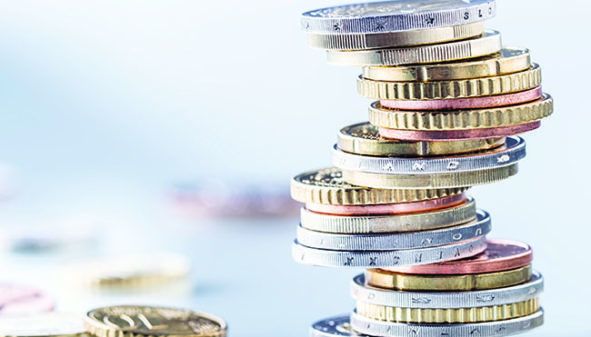Political Economy Analysis for the Republic of the Philippines
This assignment aims to enhance coherence and effectiveness of current and future development programmes, interventions and investments of the EU Delegation and EU Member States in the framework of the 2030 Agenda/SDGs trough a political economy analysis (PEA) in the Republic of the Philippines.
The beneficiaries of these studies will be the European Commission, together with the EU Member States involved in development cooperation with the Republic of the Philippines, with whom this study will be shared and reviewed for the purpose of harmonizing their approaches.
The specific objectives of this assignment are:
- A better understanding of the functioning of the State and the society at large with its formal and informal rules to better comprehend how political and economic processes interact, how interests and incentives are driving the behaviour of different groups and individuals and how distribution of power and wealth between these different groups is organised, sustained and transformed over time.
- To inform the planning of cooperation agenda post 2020 and help make informed decisions on the choice of sectors for EC support, based on the credibility of the national development strategies (PDP 2016-2023)
- Identifying opportunities and risks that could affect EU-Philippines relationship and provide basis for the risks management framework within the 5 risk categories identified by the EU: Political governance, developmental risks, macroeconomic risks, public financial management, and corruption / fraud.
For further information regarding this project, please contact Maria Aguirre.

18 December 2019
1 minute read


